EDITORIAL
Published on 24 May 2023
Editorial: Epigenetic therapy against cancer: toward new molecular targets and technologies
doi 10.3389/fcell.2023.1218986
- 1,708 views
- 1 citation
30k
Total downloads
64k
Total views and downloads
Select the journal/section where you want your idea to be submitted:
EDITORIAL
Published on 24 May 2023
REVIEW
Published on 14 Feb 2023
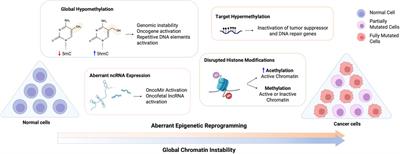
REVIEW
Published on 09 Aug 2022
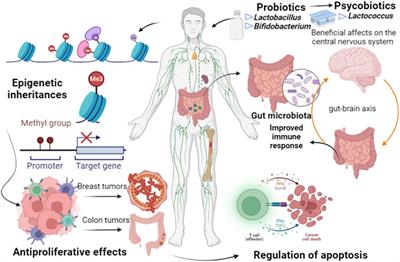
ORIGINAL RESEARCH
Published on 08 Jun 2022
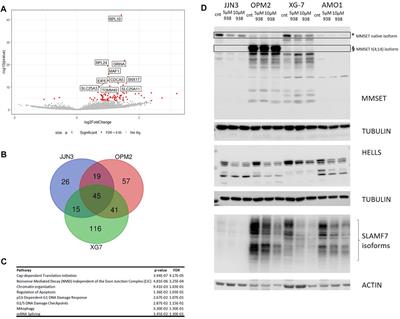
ORIGINAL RESEARCH
Published on 17 May 2022
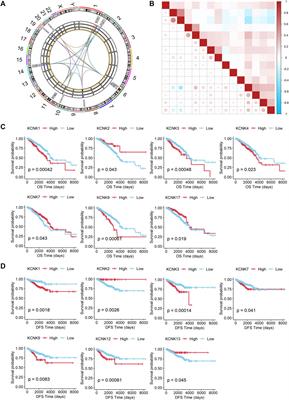
ORIGINAL RESEARCH
Published on 27 Apr 2022
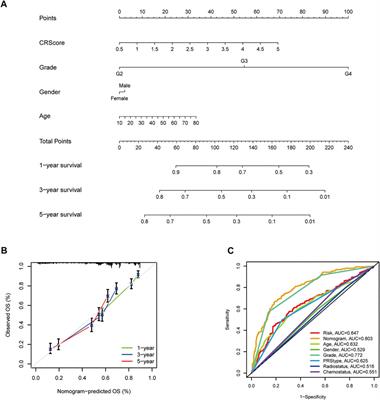
ORIGINAL RESEARCH
Published on 17 Mar 2022
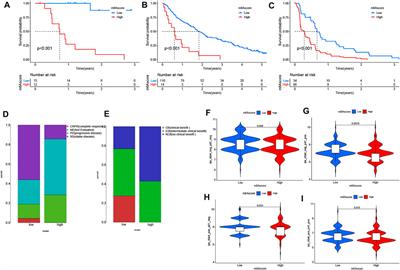
ORIGINAL RESEARCH
Published on 10 Mar 2022
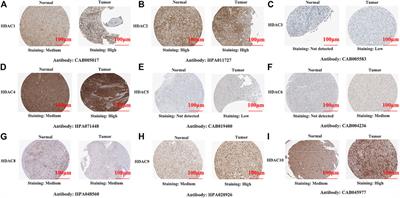
ORIGINAL RESEARCH
Published on 08 Mar 2022
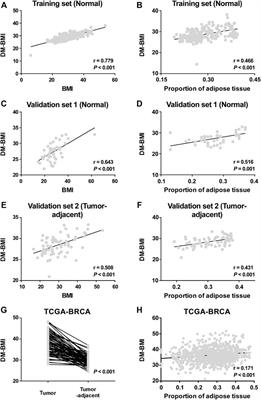
ORIGINAL RESEARCH
Published on 18 Feb 2022
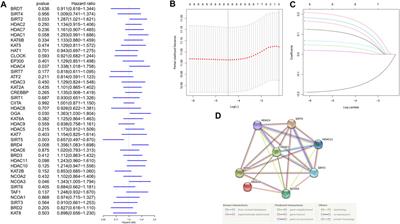
ORIGINAL RESEARCH
Published on 14 Feb 2022
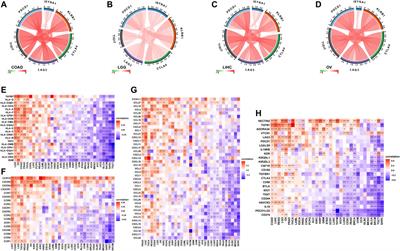
ORIGINAL RESEARCH
Published on 02 Feb 2022
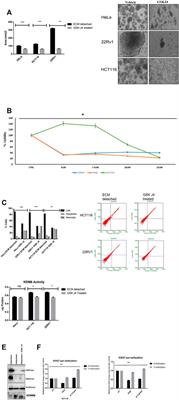

Frontiers in Genetics